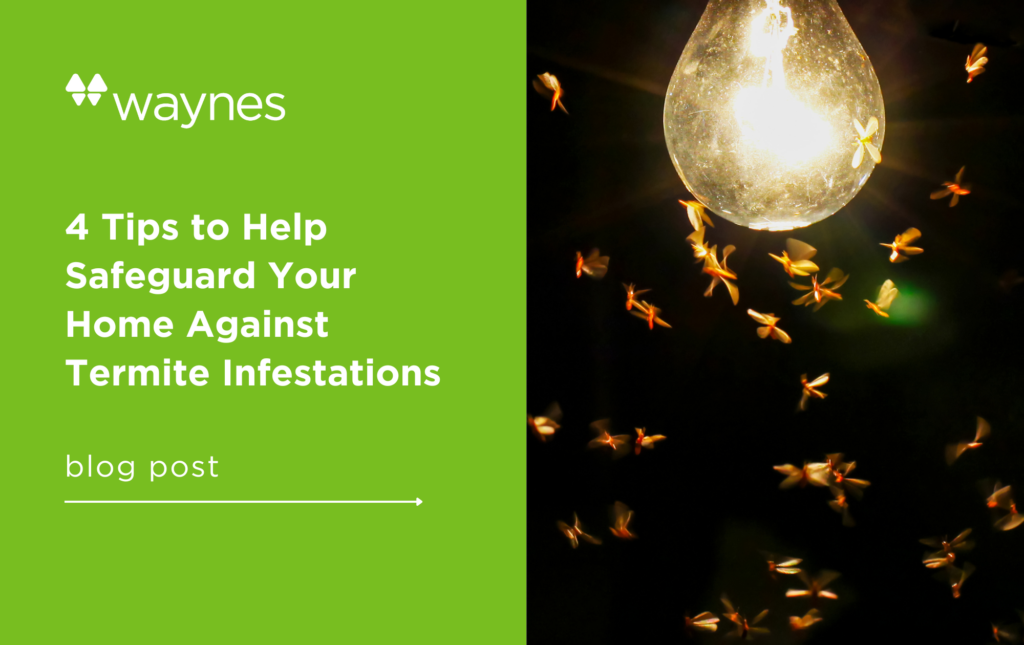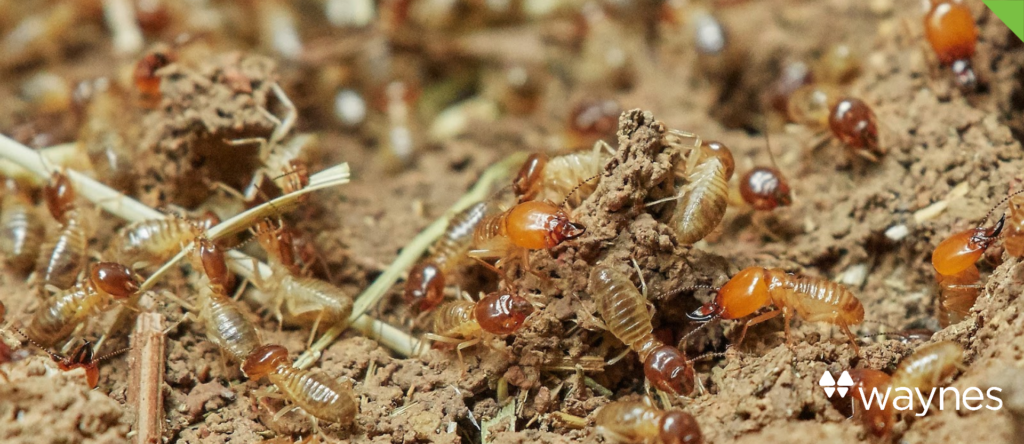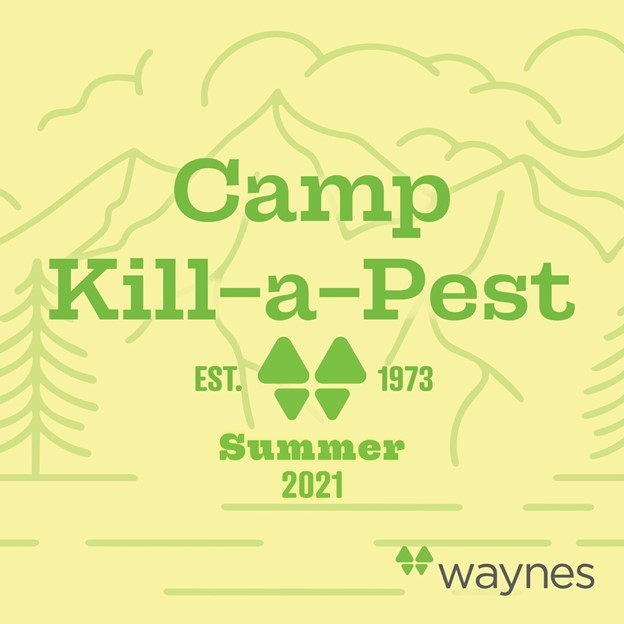Welcome to part two of a four-part series exploring backyard bugs and the best ways to prevent the problems they cause. For this installment, we deal with irritating bugs that can cause serious issues if left untreated – fleas & ticks. These pesky little guys are everywhere, but they can be kept at bay with a bit of preventative action.
The Problem With Ticks
A tick’s life cycle has four phases: egg, larvae, nymph, adult, and they need a new host at each stage of life. Immature, pin-head size nymphs are responsible for 98% of tick bites. Peak tick season begins in May and runs through July, though ticks are active year-round. They wait for a host in tall grasses or weeds and climb aboard when warm-blooded bodies pass. Their feeding habits vary depending on the stage of life. Tick larvae feed for about 3 days, while adults can feed for up to 7-10 days.
Feeding ticks can transmit the pathogens that cause Lyme disease, Rocky Mountain Spotted Fever, and Powassan Virus, with symptoms including fever, chills, pain, paralysis, and rashes. The Lone Star Tick can even cause a permanent red meat allergy. Ticks that carry Lyme disease lay around 3,000 eggs at a time. If left untreated, ticks can live for several years. Ticks aren’t just a threat when adventuring in the wilderness. 75% of tick bites occur during activities at home like gardening, entertaining, or playing outdoors, and children between the ages of 5 and 14 are at particular risk.
The Problem With Fleas
Like ticks, fleas are parasites that depend on their hosts to survive. They go through four life stages – egg, larvae, pupae, and adult – taking two weeks to two years to mature depending on the species. Flea populations need temperatures to remain above 50° to complete their life cycle, so populations increase during spring and summer.
Fleas begin feeding as they reach the adult stage, moving freely from one host to the next. Females lay eggs directly on their host after feeding. Fleas spread diseases and parasites, including some of the most dangerous diseases ever known, like typhus or bubonic plague. Thankfully, these are extremely rare in the modern world, but heartworm and tapeworm problems are common problems for pets if flea infections are left untreated.
Protecting Your Home From Fleas and Ticks
Prevention is always the best treatment. To prevent ticks and fleas,
- Eliminate habitats where they can live and thrive by cutting back heavily wooded areas and keeping brush piles under control.
- Establish a “perimeter of protection” around your home, particularly in the areas near outdoor hangout areas.
- Treat any wood sheds and dog houses for fleas and ticks if you suspect they are on your property.
- See your veterinarian for recommendations on anti-flea and tick medications to protect your pets and prevent them from bringing fleas and ticks into your home.
Fleas are difficult to kill once they are inside your home, but we use products that interrupt the flea’s life cycle. Your vacuum is also an important ally because immature fleas can live in carpeting and rugs.
If you have a flea or tick problem, Waynes can help. You don’t have to suffer through flea or tick infestations alone! Call Waynes, and we can help walk you through the process of ridding your house of these pesky parasites.









